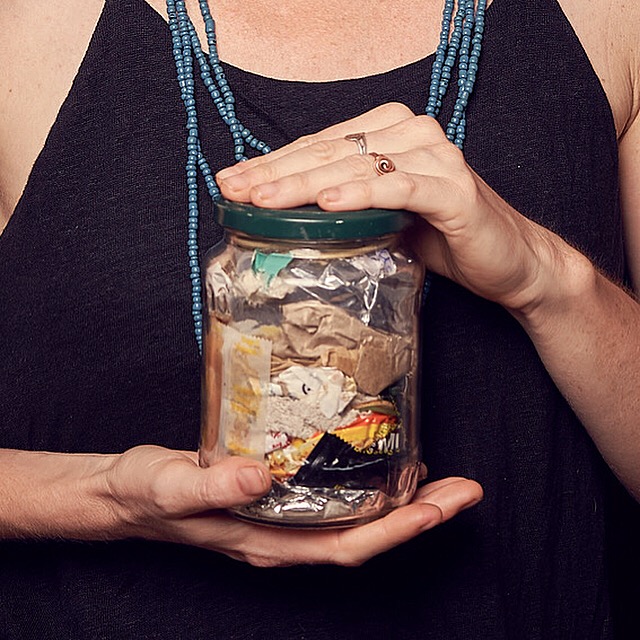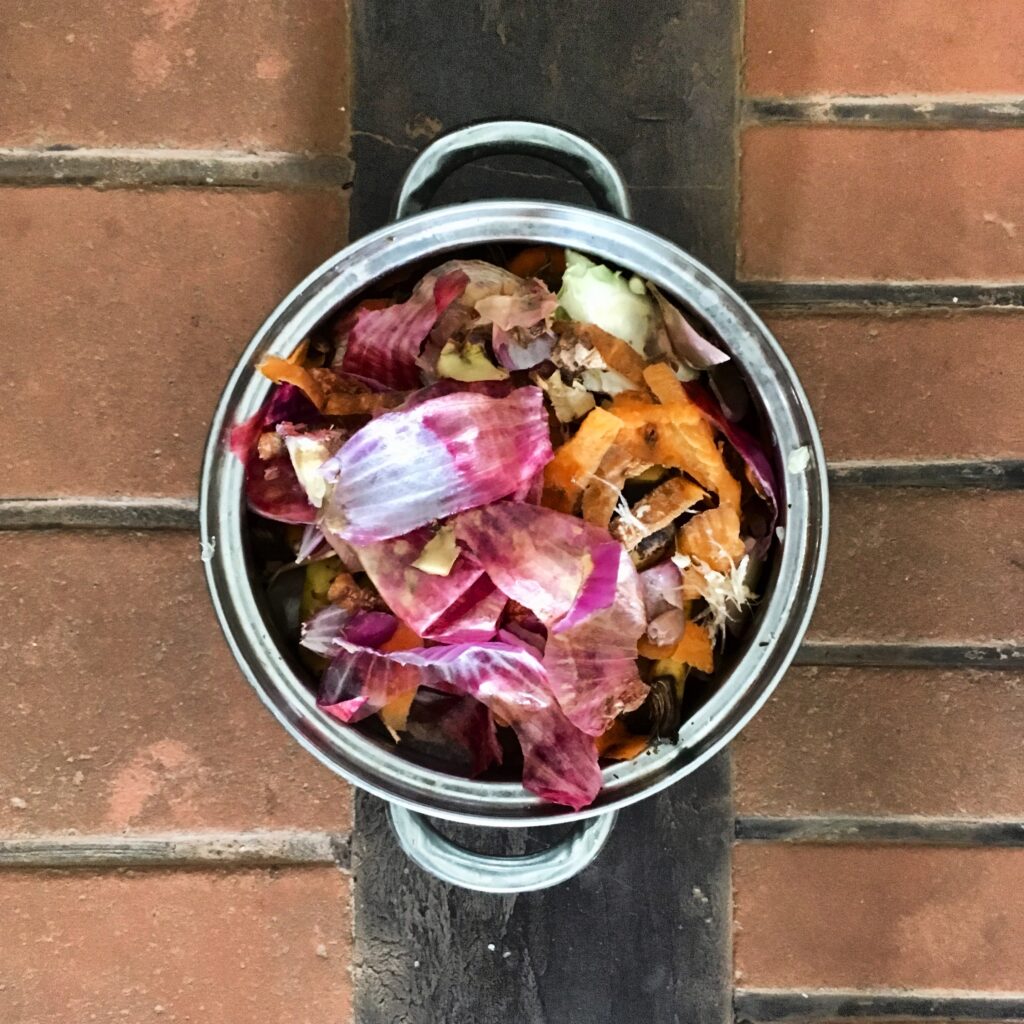
Living Nearly Zero Waste
A Conversation with Laure, a zero waste advocate and communications manager for EcoFemme
Zero waste living has become an increasingly popular solution to our world’s current climate crisis. As a Westerner, the idea of living with zero waste sounds like an impossible feat most days. When I first traveled to Auroville in Feburary 2019, my first thought was one of appreciation for the tree-lined, red dirt roads and beautiful blue sky; my second thought was “Where are all the trash cans?” This absence of waste receptacles was evidently a large obstacle for my Westernized brain to process because it was what I sent to my parents as my first text in place of a “Hello, yes I’m alive and well.”
The question of how Auroville achieves this wasteless lifestyle has captivated my mind in the years since my travels and inspired a recent conversation with Laure, Social Media Coordinator for EcoFemme and a zero waste advocate. Laure explains zero waste to be a philosophy that aims to create the least amount of waste in your life. The goal, however, isn’t to reach exactly zero but to get as close to zero as possible by practicing the 5 R’s: refuse anything you do not need, reduce/reuse/recycle anything you have, and rot (or compost) all biodegradable materials. In theory, a zero waste lifestyle creates a closed loop. “Nothing gets wasted and nothing gets lost. Everything has a purpose,” says Laure.
Living the 5 R’s in a town like Auroville is relatively easy for those who try. For instance, the PTDC (Purchasing Distribution Center) intentionally does not display prices in an effort to encourage shoppers to only take what they need, not what they want. That is the core of zero waste: focus on your needs, not your superficial desires. In this way, a zero waste lifestyle finds its roots in spirituality. Laure explains the connection like this: “Spirituality teaches that material desires and consumer culture do not bring true happiness. It is our approach to life that will create inner peace and happiness, which is a teaching of The Mother and Sri Aurobindo.”



This spiritual essence is in everything that Auroville does. It is evident in the Green Belt where people live simply in small spaces with little possessions and in the individual Units that work tirelessly to create sustainable solutions for the planet. One such unit is EcoFemme: a women-led social enterprise responsible for revitalizing menstrual practices that are healthy for both people and the planet through the sale of reusable cloth pads. “It’s exciting because Eco Femme is a tangible solution to reduce waste,” says Laure.
And people want to be a part of the solution. Part of why zero waste feels so daunting is not only the how but also the why. A warming climate, overflowing landfills, polluted water and soil all paint a dire picture of our future and it can feel easier to remain disconnected from the issue than to face it head on. But as Laure reminds me, “When the Earth is polluted, our bodies become polluted. Whatever you give to the Earth will come back to you and not always in a nice way.” A zero, or nearly zero, waste lifestyle is an invitation to remain connected to the Earth and our bodies while creating positive, long-lasting change.
This change does not occur overnight as the transition to zero, or nearly zero, waste is gradual and requires a bit of determination. Laure’s own journey to zero waste began by investigating what happened to her waste which then prompted her to slowly change her habits little by little. These habits included changing where she shopped so that she could purchase items in bulk, bringing her own containers and bags, as well as purchasing long-lasting products that don’t need to be replaced as often and buying only products with non-toxic ingredients. Laure admits the transition to zero waste can feel annoying when you first begin your wasteless journey because it may require you to change where you shop or how you shop, but the end result is guaranteed to bring joy to anyone who tries. “I feel active in the problem as a part of the solution, rather than feeling the guilt of being part of the problem,” Laure says.


